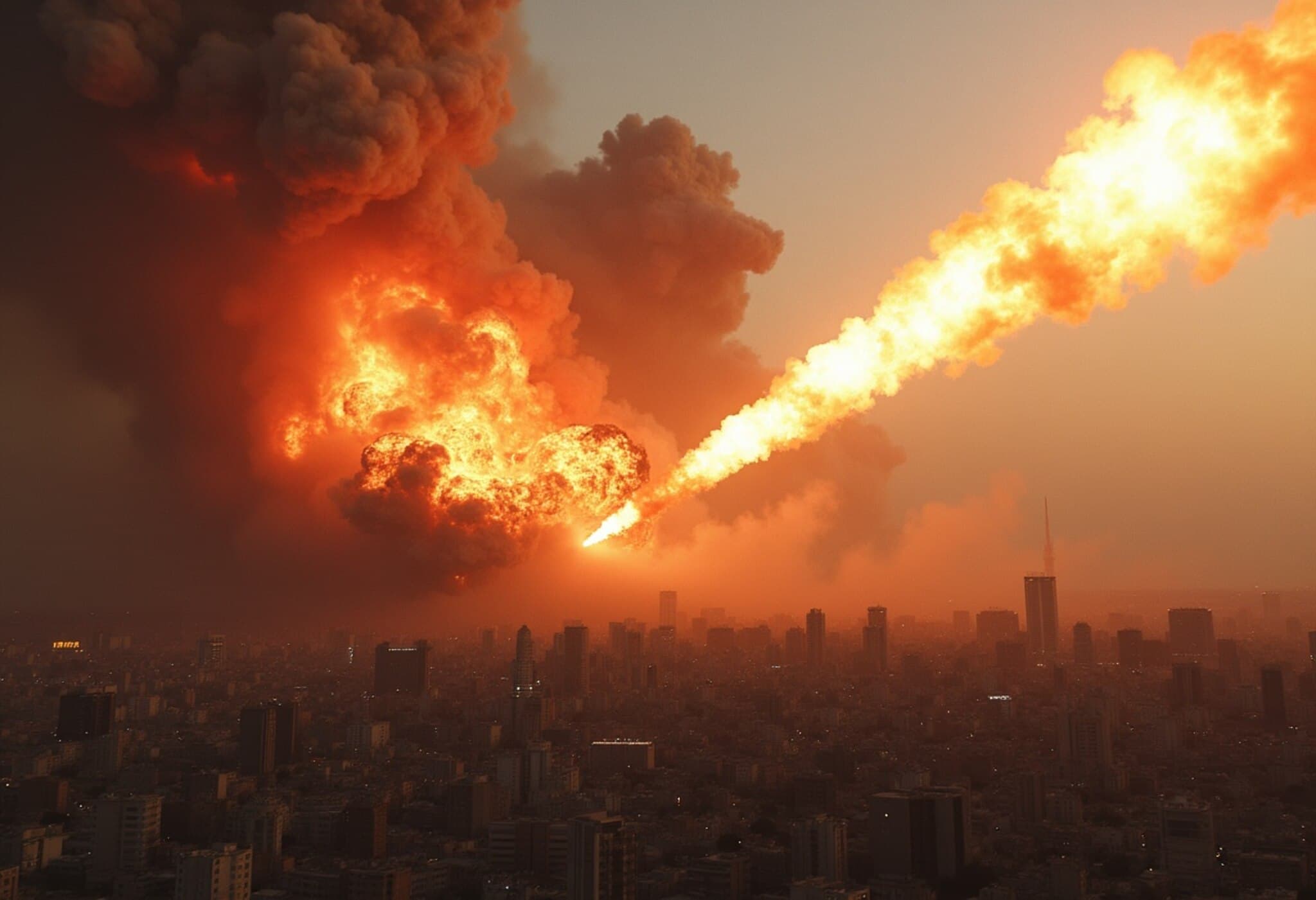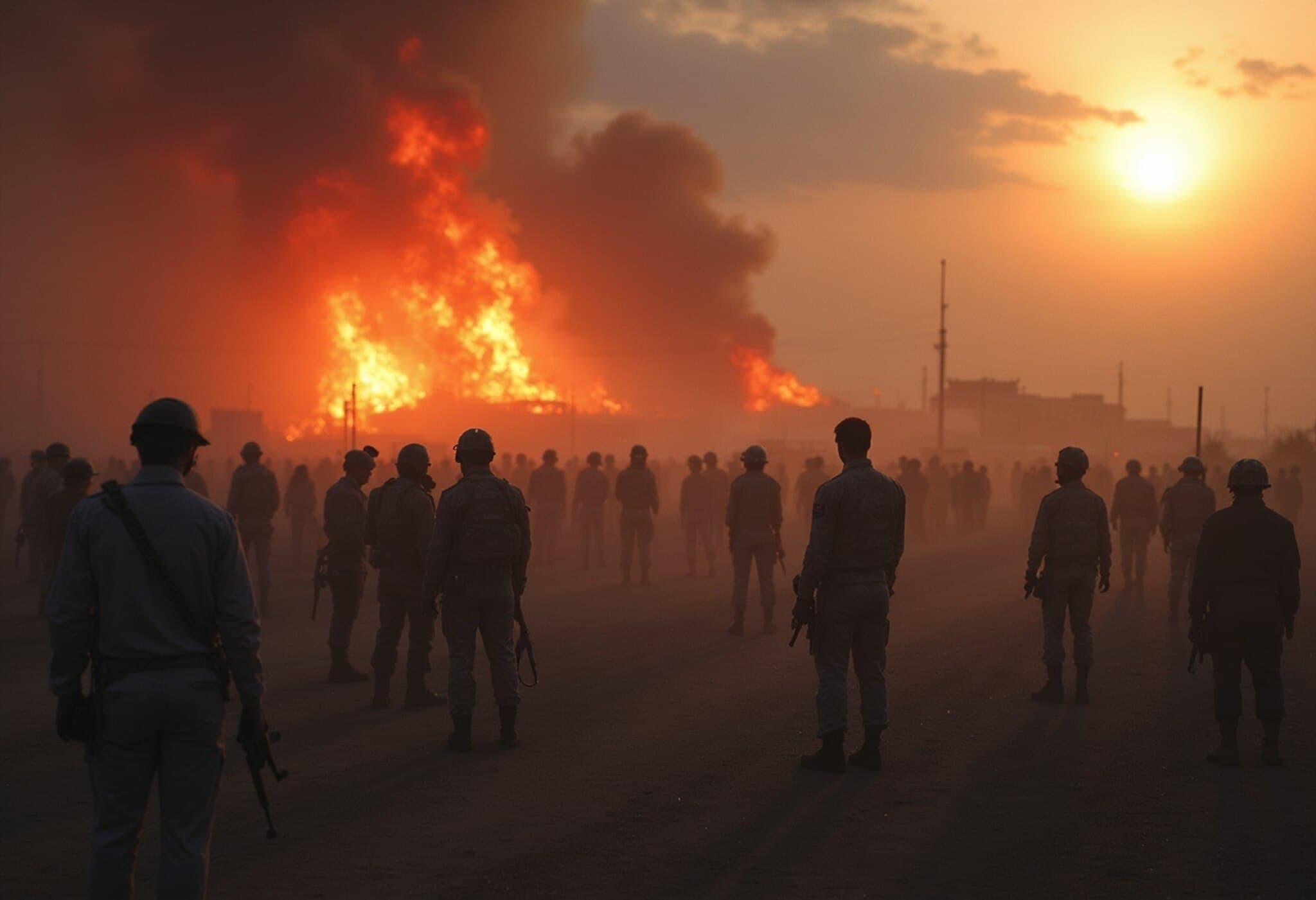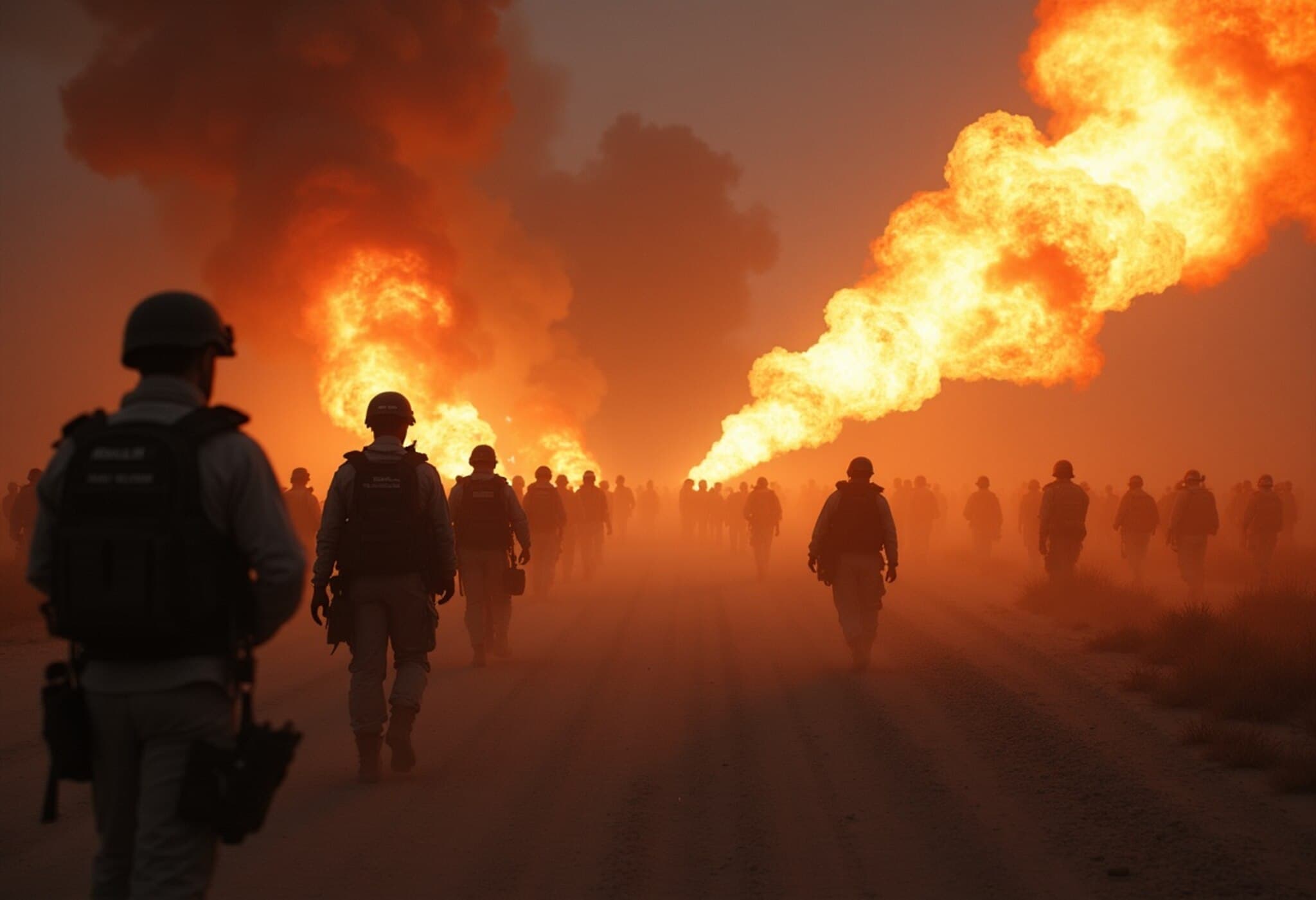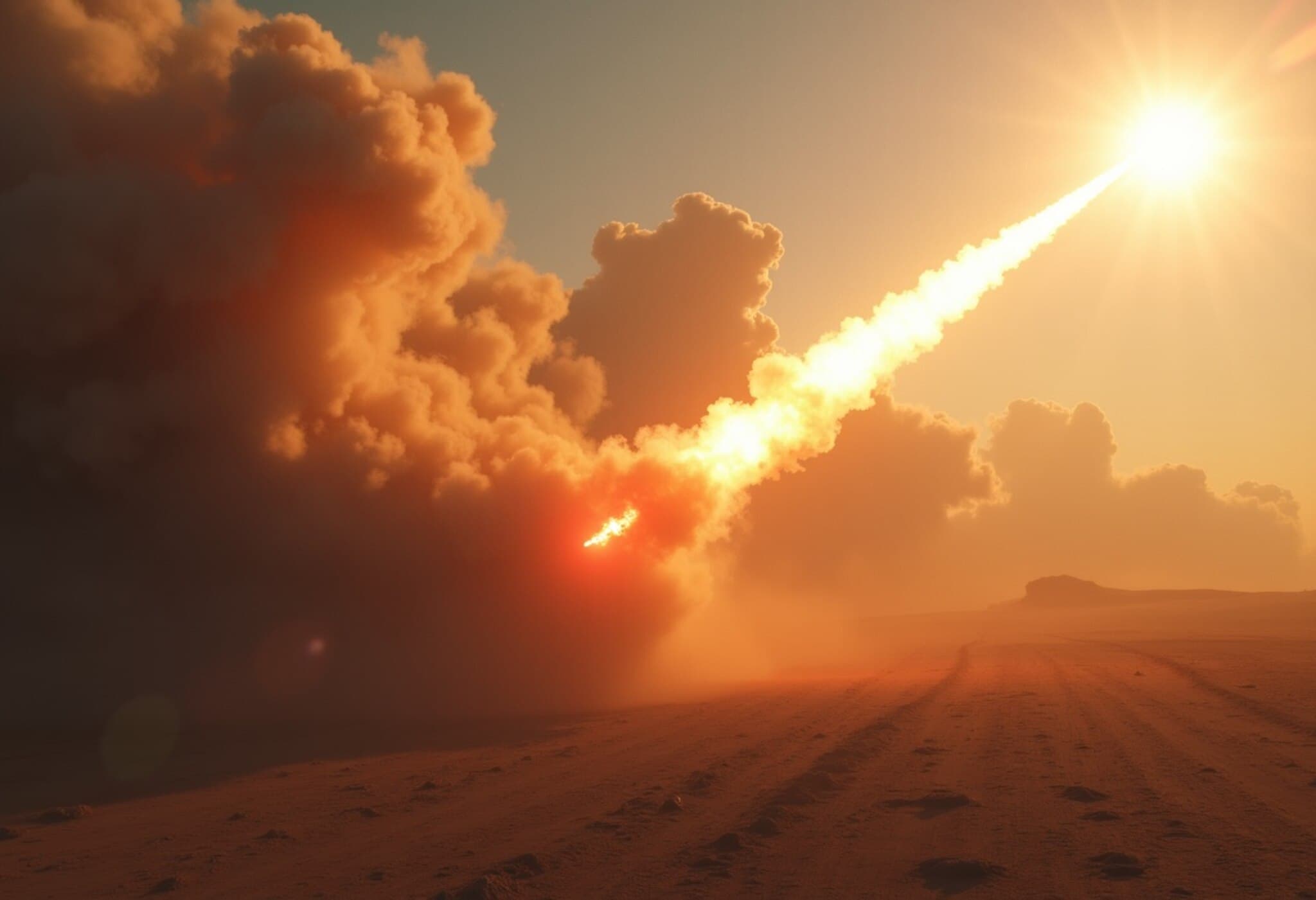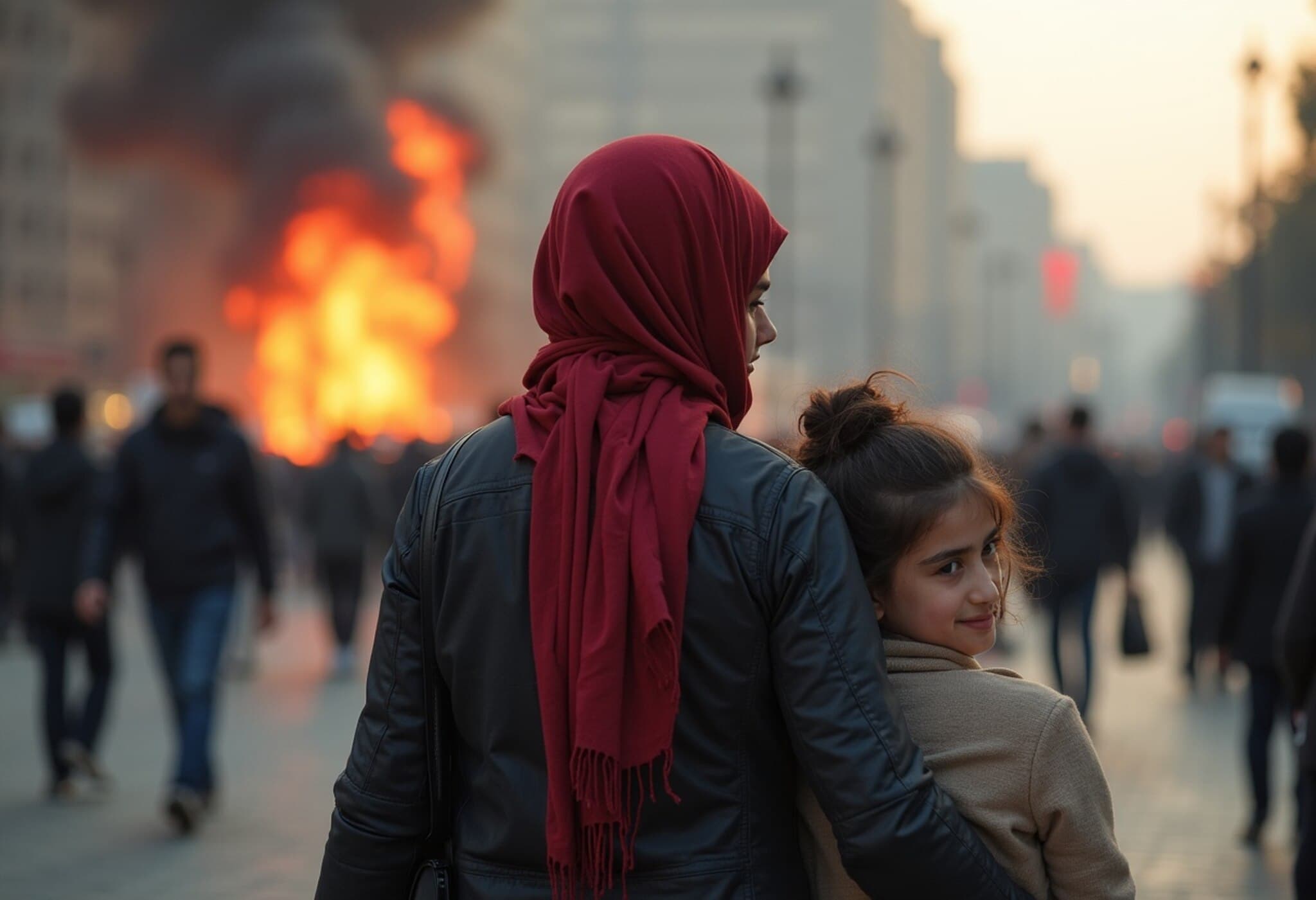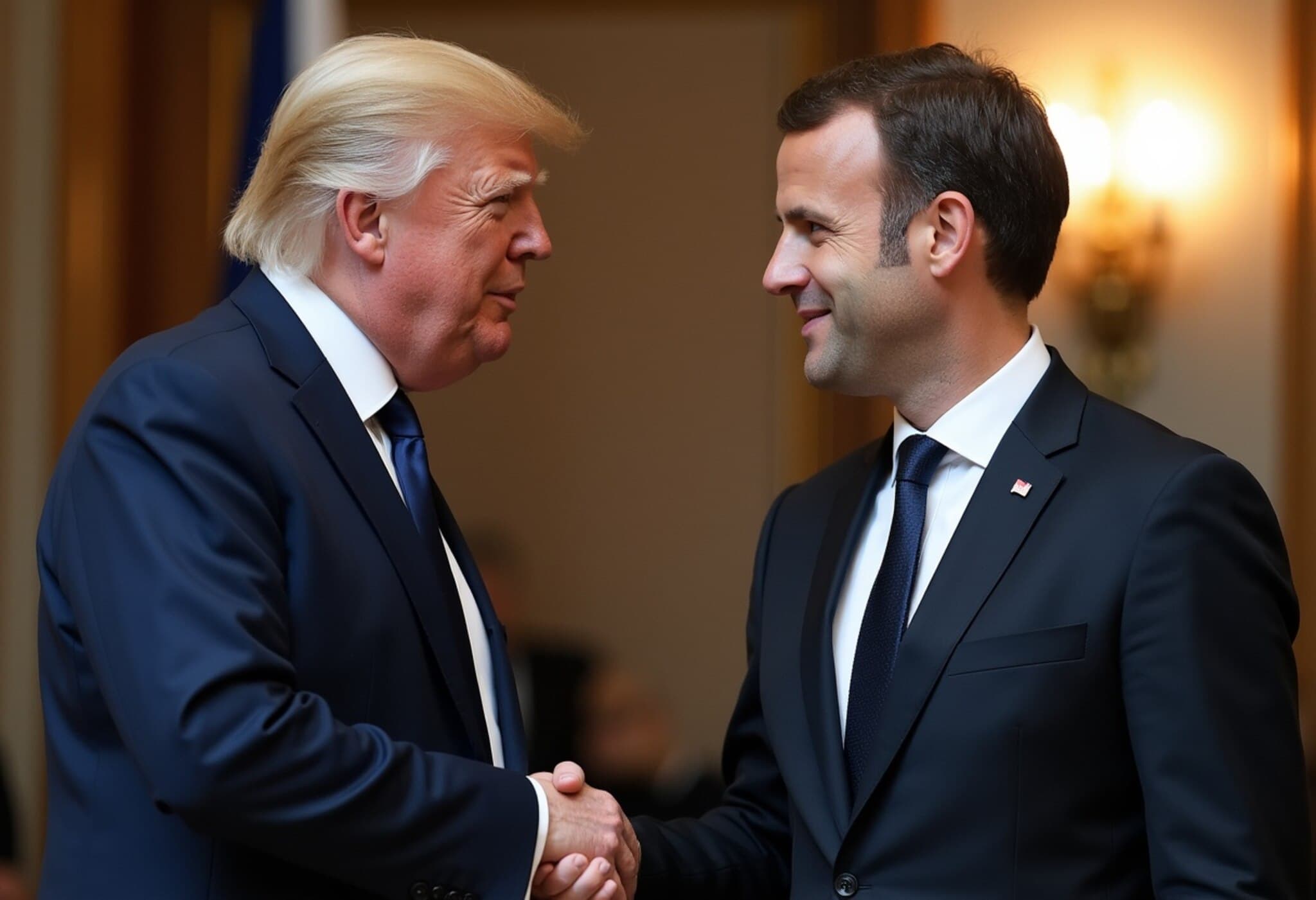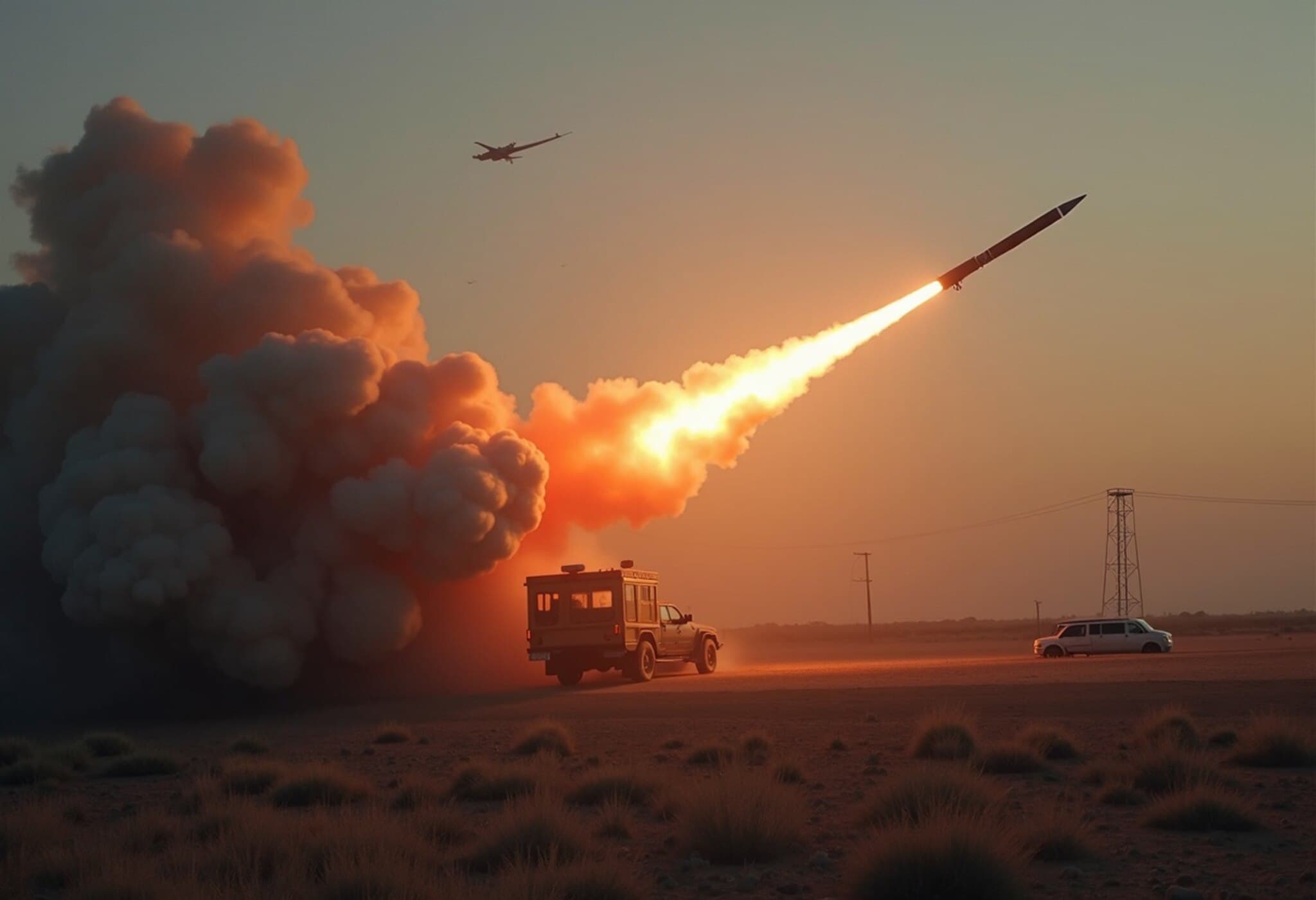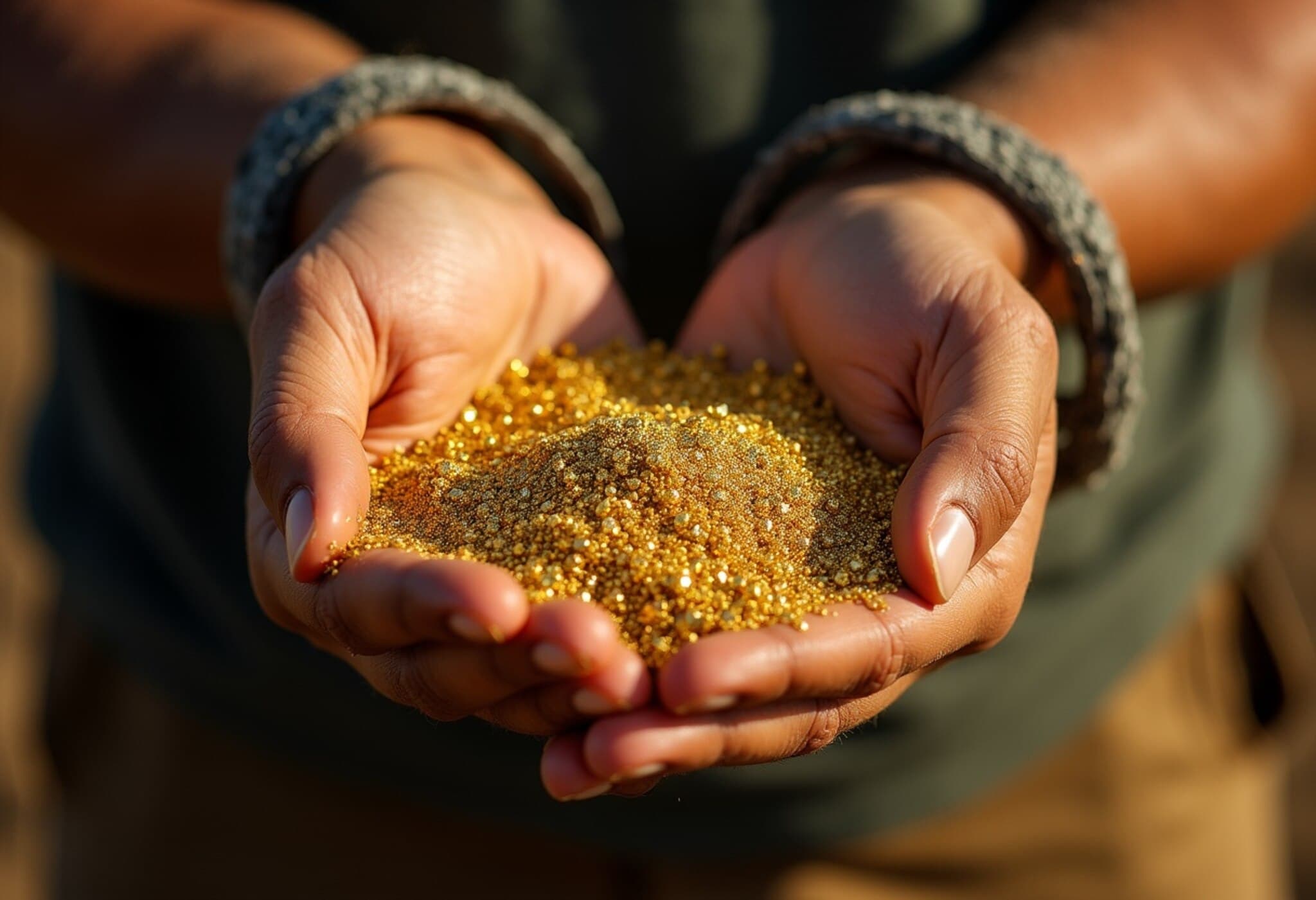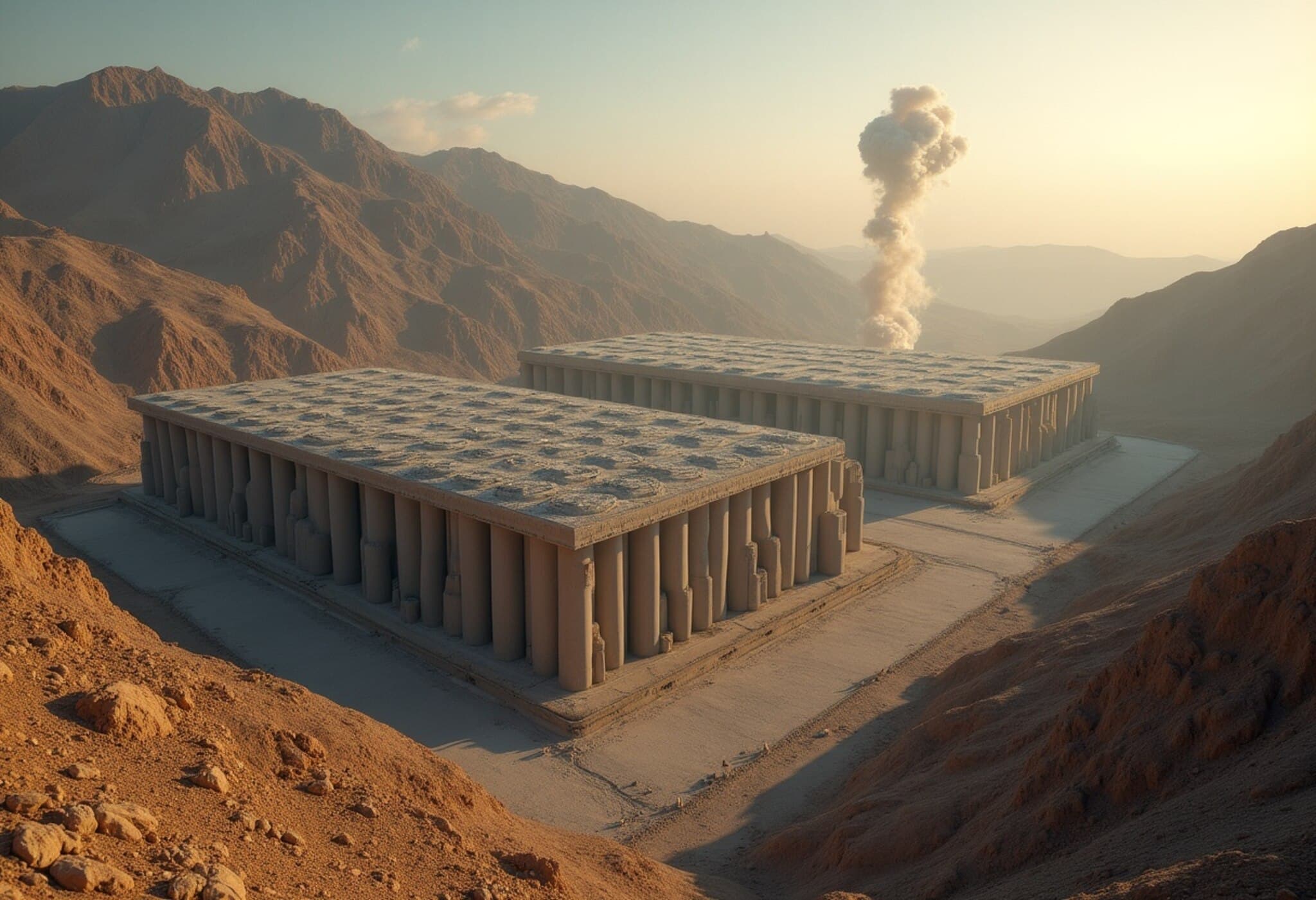The Escalating Iran-Israel Conflict
On the morning of June 13, Israeli forces launched targeted strikes against Iranian nuclear facilities and military sites, killing senior nuclear scientists and officers from the Islamic Revolutionary Guard Corps. Tehran reported civilian casualties as well. These attacks came just before renewed diplomatic talks between Iran and the United States regarding Iran's uranium enrichment program. While Iran insists its nuclear activities are peaceful, Israel perceives them as existential threats.
By the evening of the same day, Iran retaliated with ballistic missile strikes on Israeli military installations, including key airbase refueling points and locations in central Tel Aviv—home to the Israeli Defense Forces headquarters. With the conflict now extending into its fifth day, the violence shows no signs of abating. Israeli airstrikes have continued over Tehran, and Israeli Prime Minister Benjamin Netanyahu has reportedly suggested that the war may only end with the elimination of Iran's Supreme Leader, Ayatollah Ali Khamenei.
From Cooperation to Hostility: The Historical Shift
Early Relations Marked by Pragmatism
In 1948, as Israel emerged as a new state, most Muslim-majority countries in West Asia refused to recognize it. Notable exceptions were Iran and Turkey—both Islamic states that maintained diplomatic ties with Israel, largely influenced by their strategic alliance with the United States during the Cold War. Under Shah Mohammad Reza Pahlavi, Iran positioned itself as a key regional US ally.
Israel, under Prime Minister David Ben Gurion, adopted the Periphery Doctrine, aiming to build alliances with non-Arab countries. Iran, Turkey, and Ethiopia became central partners. This alliance fostered economic cooperation, intelligence sharing—most notably between Israel's Mossad and Iran's SAVAK—and significant arms sales. Iran even supplied Israel with crude oil after Arab nations imposed a boycott following the Six-Day War. These ties facilitated trade and infrastructure development in Iran, and relations appeared stable.
The 1979 Islamic Revolution: A Turning Point
Everything changed with the 1979 Islamic Revolution. The overthrow of the Shah led to the establishment of the Islamic Republic under Ayatollah Ruhollah Khomeini, profoundly altering Iran’s foreign policy. Relations with Israel rapidly deteriorated; Iran banned Israeli travel and refused to recognize Israeli passports. Israel was declared an ‘enemy of Islam’ and labeled the ‘Little Satan’ in Iranian rhetoric.
The Growing Rift and Proxy Wars
Throughout the 1980s and 1990s, Iran became a significant sponsor of armed groups opposing Israel. Starting with Hezbollah in Lebanon—established in 1982 after Israel’s invasion—Iran extended support to Hamas in Gaza and the Houthis in Yemen, providing funding, training, and weaponry.
Violence escalated with acts such as the 1983 Hezbollah suicide bombing targeting the Israeli military headquarters in Lebanon. Iranian leaders intensified their hostile rhetoric, with Supreme Leader Ali Khamenei in 2000 calling Israel a “cancerous tumour” that must be removed. In 2005, he reaffirmed that Palestine's future must be determined by Palestinians, signaling no peace with Israel in the foreseeable future.
Recent Hostilities and Military Actions
Following Hamas’s devastating terror attacks in October 2023, Israel launched comprehensive military operations in Gaza, targeting militant infrastructure and leadership. Iran’s proxy groups, perceived as proxies for Tehran’s agenda, suffered significant blows.
The following year, missile exchanges unfolded between Iran and Israel, with Iran firing attacks and Israel conducting retaliatory strikes against Iranian missile sites and air defenses. The weakening of Iran’s regional proxy network and increased vulnerability has emboldened Israel to take direct military actions, creating a new and dangerous chapter in their fraught relationship.
Diplomatic Fallout and Future Prospects
Iran’s Foreign Minister condemned Israel’s attacks as deliberate attempts to sabotage diplomatic progress, emphasizing Tehran’s stance that its nuclear program is solely peaceful. Yet, the cycle of violence shows the deep mistrust and animosity between the two nations, with each viewing the other as an existential threat.
The latest round of conflict underscores a volatile dynamic that threatens wider instability in West Asia. Once reluctant allies turned bitter enemies, Iran and Israel are locked in a deadly contest that appears poised to continue barring significant diplomatic breakthroughs.

